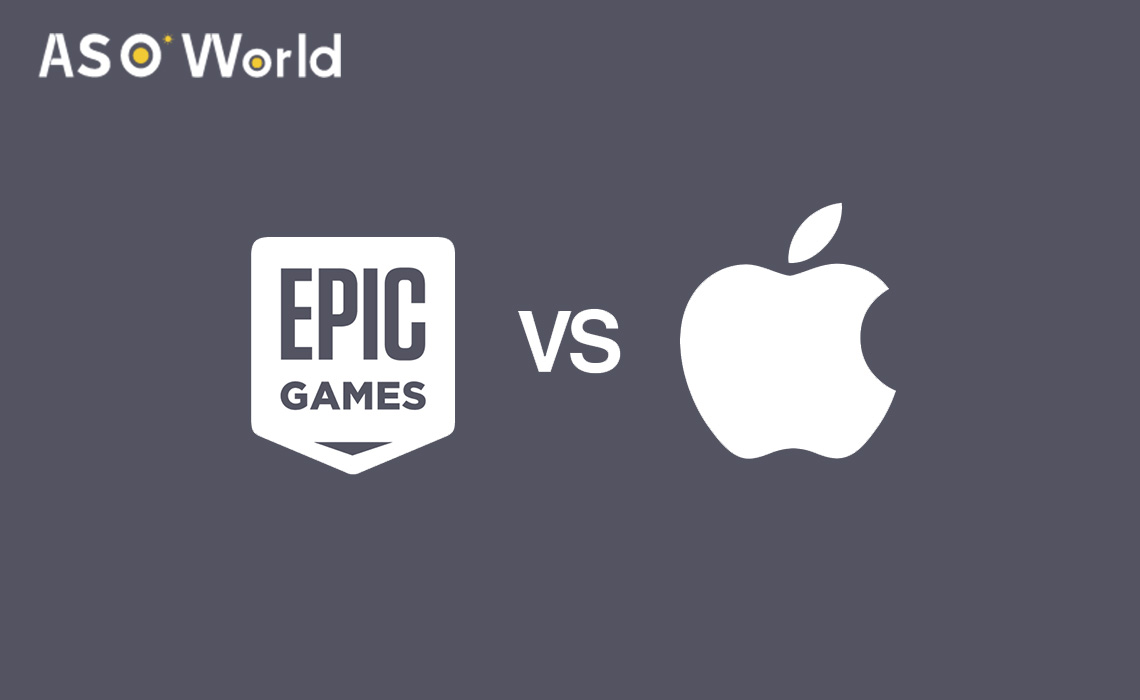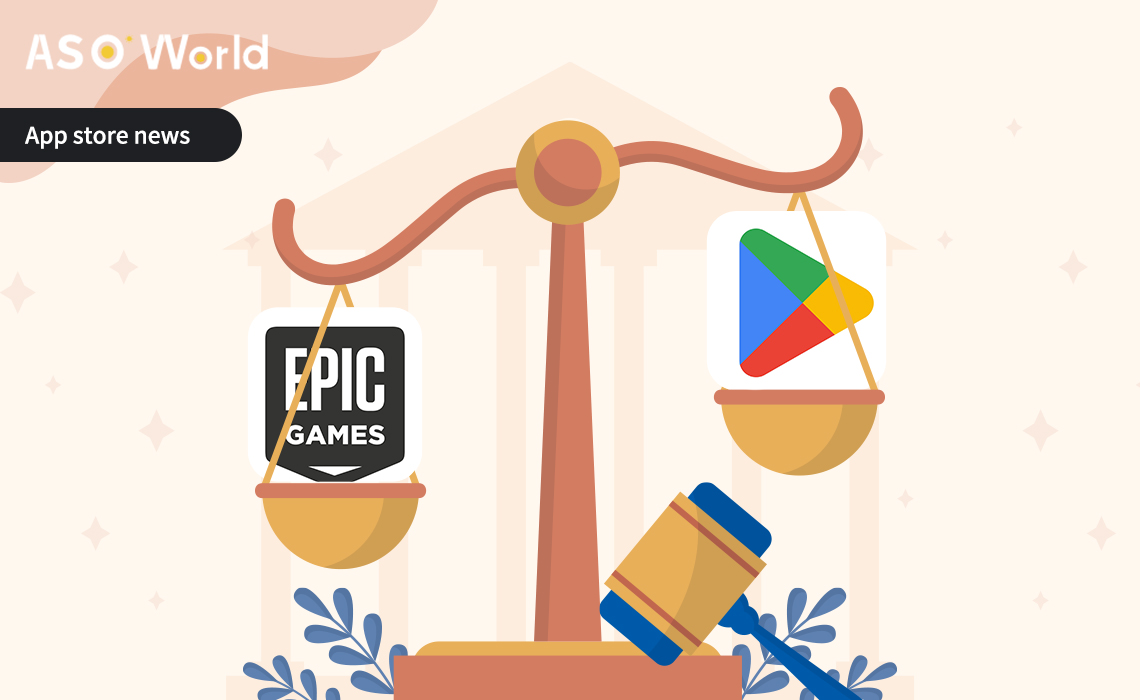
The U.S. Supreme Court has opted not to take up the legal dispute between tech giant Apple and video game developer Epic Games regarding the App Store's operating policies.
This leaves in place a lower court's decision that mandated changes to Apple's App Store rules but did not find the company in violation of federal antitrust laws.
>>> Epic Games Asks Supreme Court to Revisit Apple App Store Fee Dispute
Details of the Legal Standoff
The High Court's Silence
The Supreme Court's refusal to hear the appeals ends a contentious legal battle without providing any commentary or rationale for their decision.
Apple's shares dipped following the news, reflecting investor concerns about the implications for the company's App Store revenue model.
Epic's Loss and Reaction
Epic Games, known for the hit game "Fortnite," had accused Apple of monopolistic practices by forcing consumers to use its in-app purchasing system.
Despite the setback, Epic CEO Tim Sweeney acknowledged the defeat in the United States but highlighted developers' rights to direct customers to alternative payment methods.
The Lower Court's Rulings
District Court Findings
U.S. District Judge Yvonne Gonzalez Rogers in 2021 ruled against Epic's antitrust claims but did find Apple's anti-steering provisions, which prevented developers from guiding users to alternative payment options, to be in violation of California's unfair competition laws.
Appeals Court Upholds Decision
The 9th U.S. Circuit Court of Appeals confirmed most of Judge Rogers' findings, concluding that Epic failed to demonstrate better alternatives to Apple's system.
The injunction from the district court remains, requiring Apple to allow developers to inform users about different payment avenues.
>>> Federal Jury Finds Google Play Store in Violation of Antitrust Laws

Implications for Apple and Developers
Apple's App Store Under Scrutiny
While Apple's strict App Store policies remain largely intact, the company must now permit developers to offer "steering" links and buttons, potentially reducing Apple's commission revenue from in-app purchases.
This decision could pave the way for developers to save on costs and offer better prices to consumers.
Epic's Call to Developers
Despite the legal defeat, Sweeney's message to developers is clear: they can now exercise their right to inform U.S. customers about potentially cheaper web-based purchasing options.
>>> Epic vs Google's Monopoly Verdict: A New Dawn for App Developers?

Editor's Comments
The Supreme Court's decision not to engage in the Apple-Epic dispute underscores the finality of the lower courts' decisions, which strike a balance between maintaining Apple's App Store structure and providing a slight opening for developers to bypass the tech giant's commission fees.
This outcome, while not a sweeping victory for either side, represents a nuanced approach to the complexities of digital marketplaces and antitrust concerns.

Click "Learn More" to drive your apps & games business with the ASO World app promotion service now.





